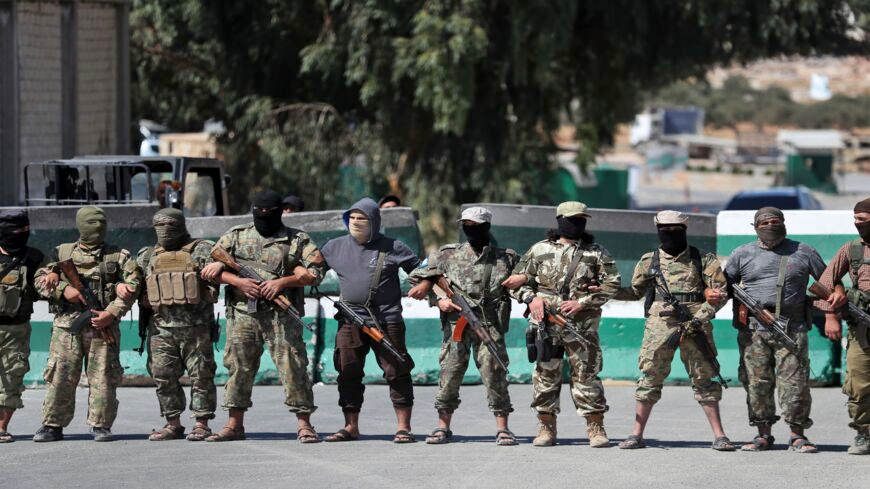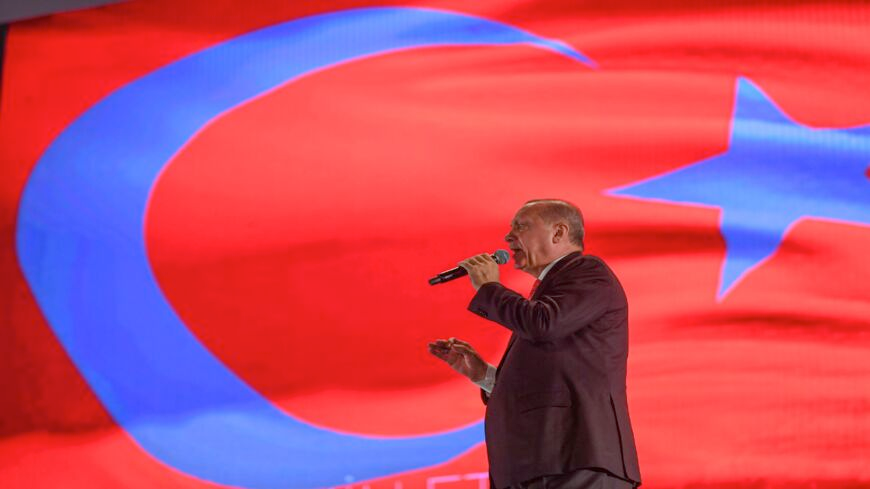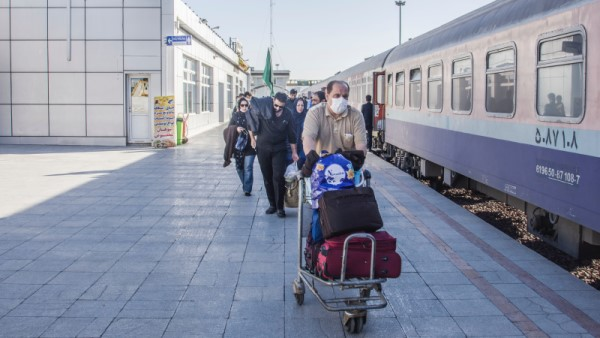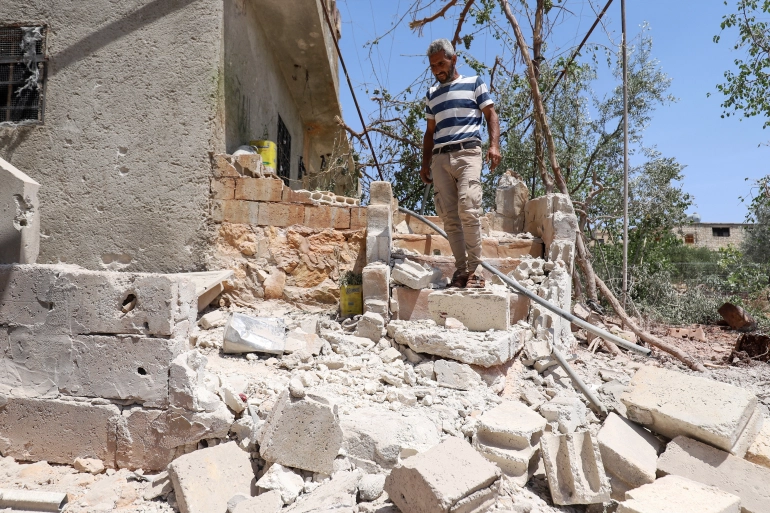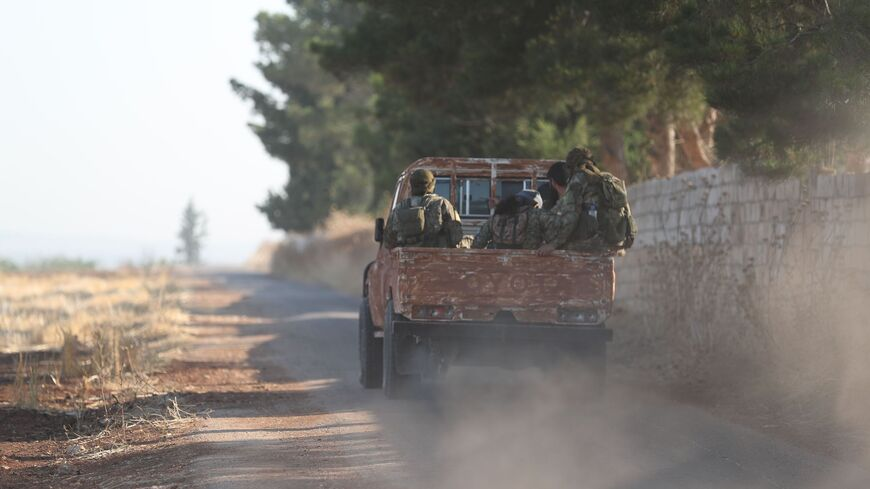Progress or War: On Islamophobia and Europe’s Demographic Shifts

Europe’s identity crisis is not confined to the ceaseless squabbles by Europeans over the EU, Brexit or football. It goes much deeper, reaching sensitive and dangerous territory, including that of culture and religion. Once more, Muslims stand at the heart of the continent’s identity debate.
Of course, anti-Muslim sentiments are rarely framed to appear anti-Muslim. While Europe’s right-wing parties remain committed to the ridiculous notion that Muslims, immigrants and refugees pose a threat to Europe’s overall security and unique secular identities, the left is not entirely immune from such chauvinistic notions.

